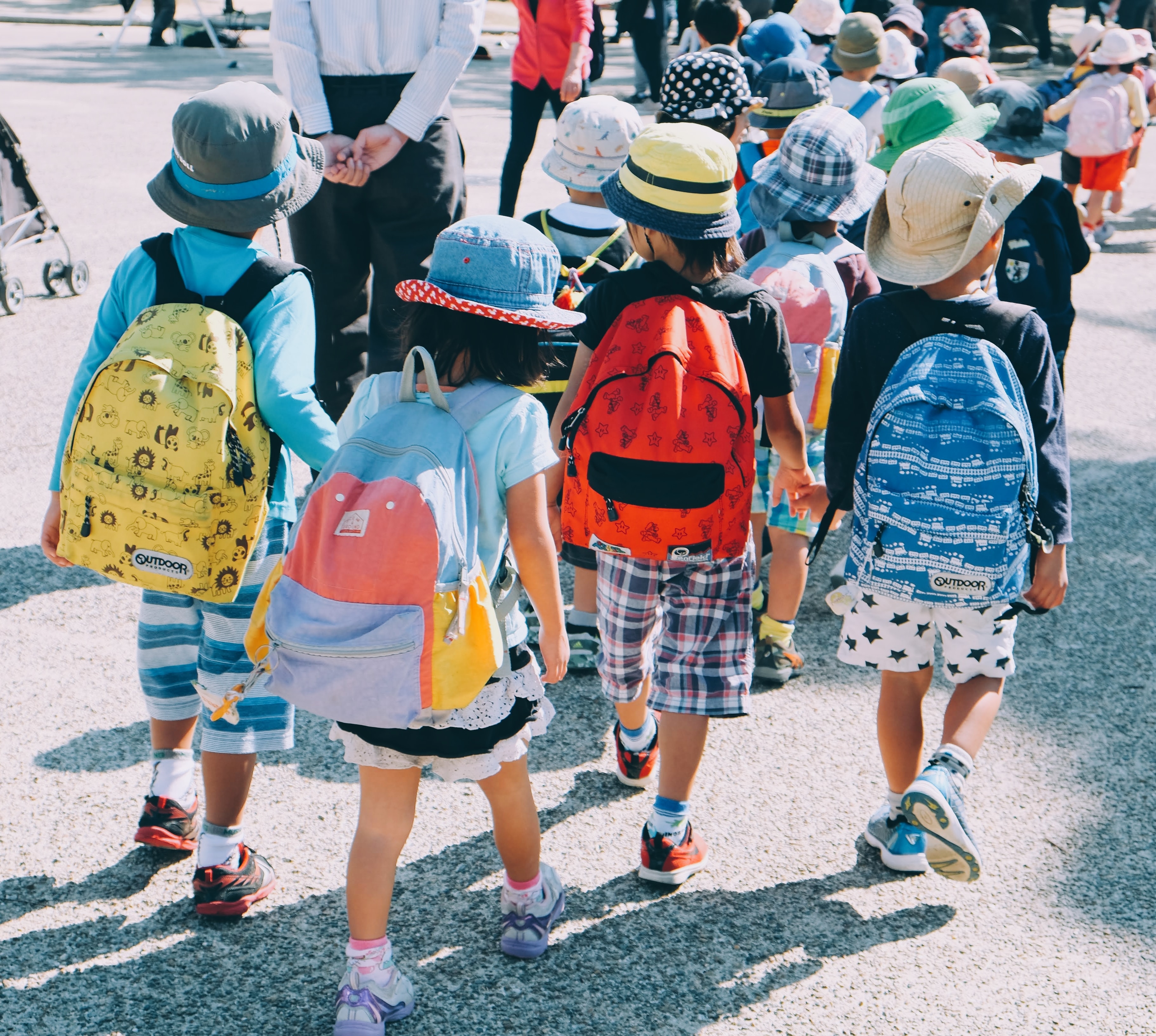
Youth, social impact work, and mental health
About This Collection
Today’s young people are looking for purposeful careers. At the same time, post-pandemic, many young Canadians face increased stress levels and have been cut off from their usual sources of support, like in-person therapy or coaching. What would it look like to better integrate mental health into purpose-oriented work? Read these stories to complement the Future of Good Summit plenary on youth, social impact work, and mental health.
Kids need mental health supports more than ever and social purpose organizations are struggling to pick up the slack
According to a 2023 report from the Canadian Mental Health Association, three out of four Canadian children with a mental health issue struggle to access the care they need. The pandemic has only made things worse, increasing service demand for mental health organizations like Kids Help Phone.
The social impact sector has a mental health crisis looming — here’s what to do about it
The social impact sector is arguably more needed than ever, as Canadians recover from the devastating social and economic impacts of the pandemic. But years of deprioritizing mental wellness combined with a massive global crisis has led to a burned out, stressed workforce — ultimately hurting the communities it serves, too.
Canada is ranked 30th of 38 countries on child and youth wellbeing — and the pandemic is making it worse
Children and youth are among the most impacted by the pandemic, with rising rates of poor mental health since the crisis began and new protocols for schooling threatening quality education for many. Considering Canada was already lagging on child and youth wellbeing pre-pandemic and non-profits serving youth have been hit hard, too, the country has a major problem.
What would a youth-centred recovery look like? Here are three bold ideas
We’re seeing the highest rates of youth unemployment in Canadian history. There’s a looming mental health crisis among young people. And youth are disproportionately feeling the negative impacts of precarious work. Canadian youth are bearing the brunt of this crisis — how can the social impact world make sure their struggles and perspectives are centred in recovery efforts?
Post-secondary students are graduating into a recession — here’s what that means for the social impact sector
Compared to the general population, recent graduates are particularly hard hit by economic downturns, experiencing long-term reductions in wages, employment, and even higher mortality.
Better government support for youth entrepreneurs can help us get through the Coronavirus crisis
Job losses in the 15 to 24 age category have totalled almost 400,000, and the youth unemployment rate is the highest it’s been this century. At the same time, history shows us that in times of crisis, as we’re in now, youth innovation flourishes. To best position Canadian society for post-pandemic recovery, we need better governmental support for youth entrepreneurs.
